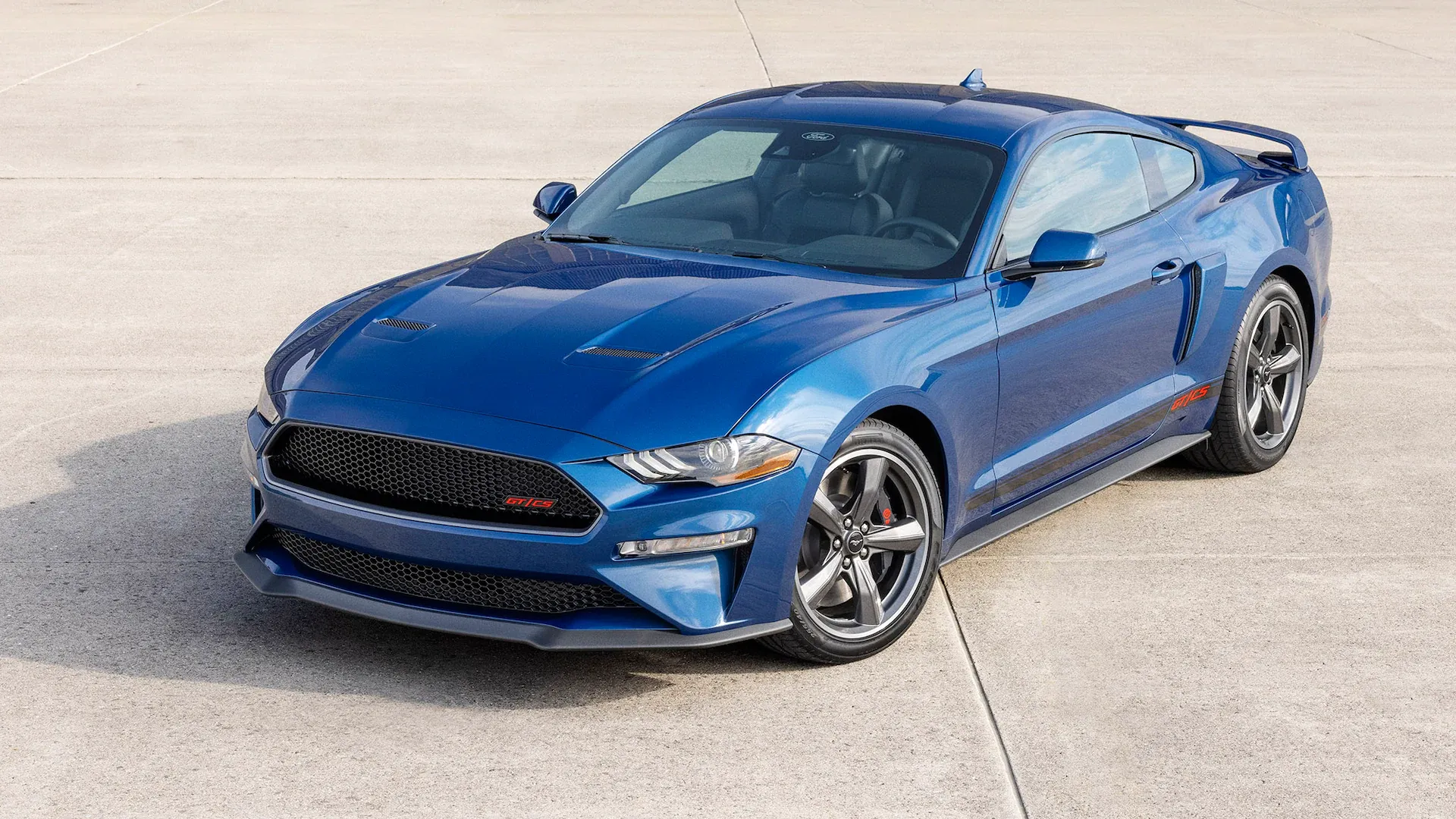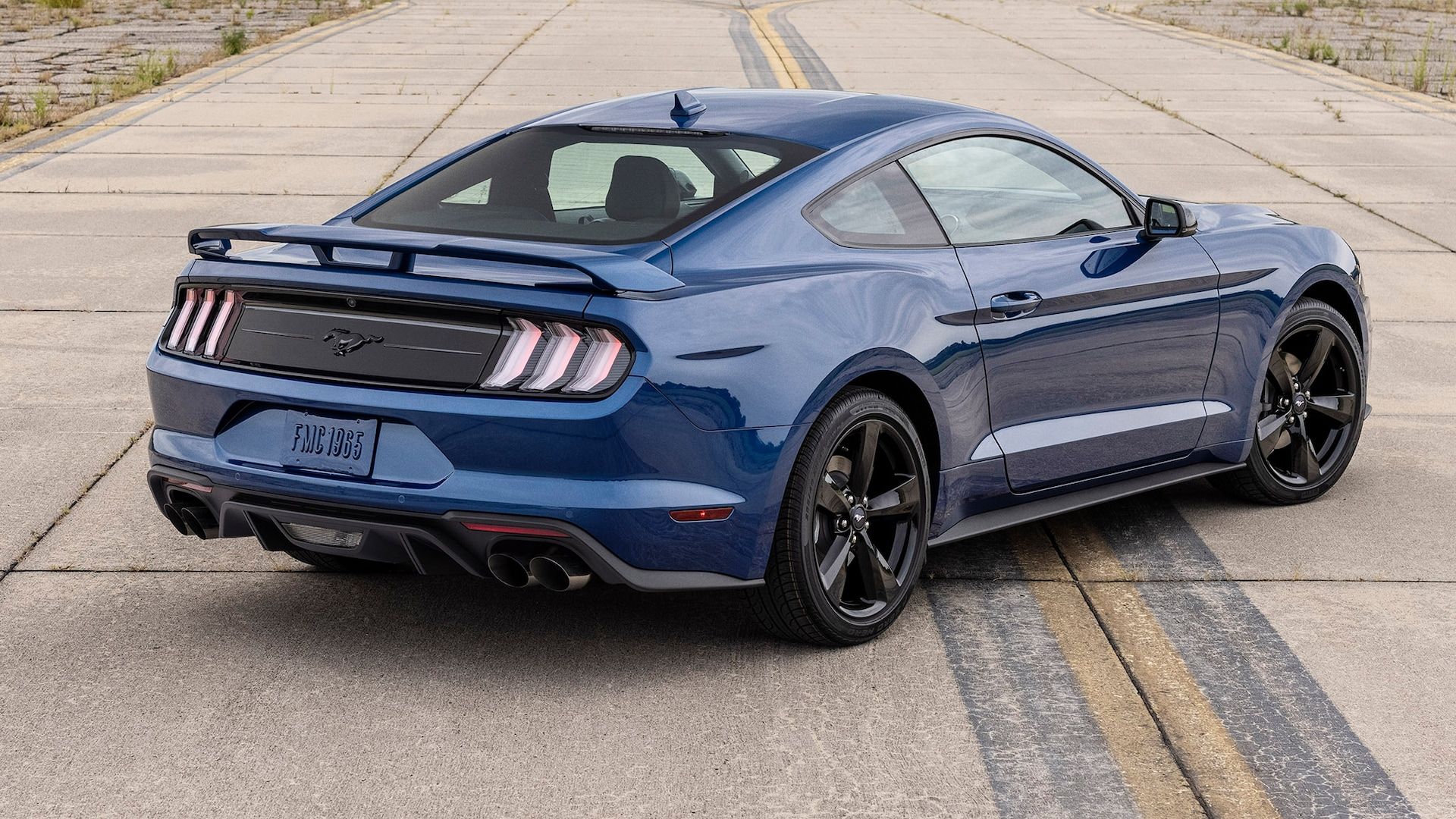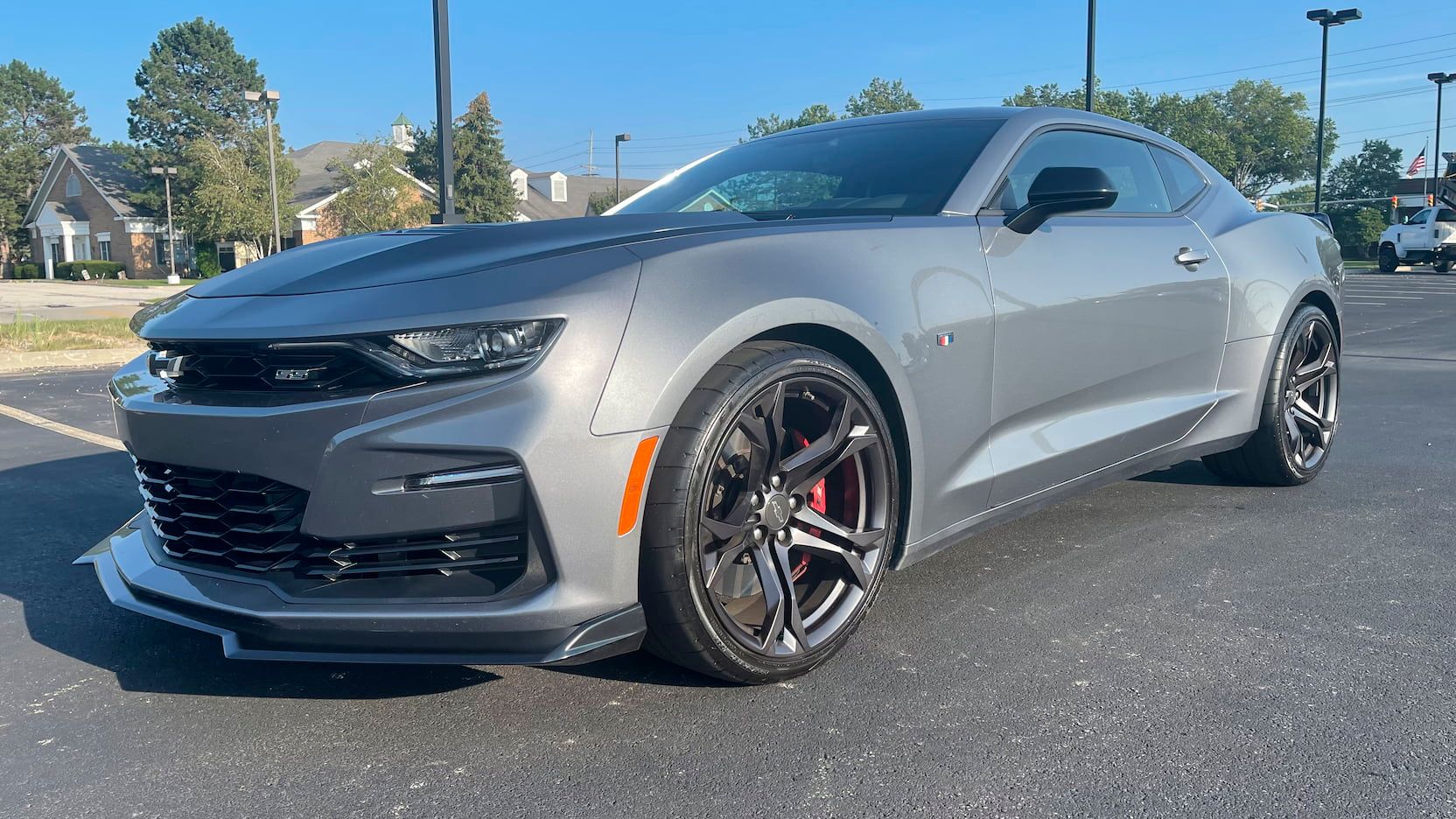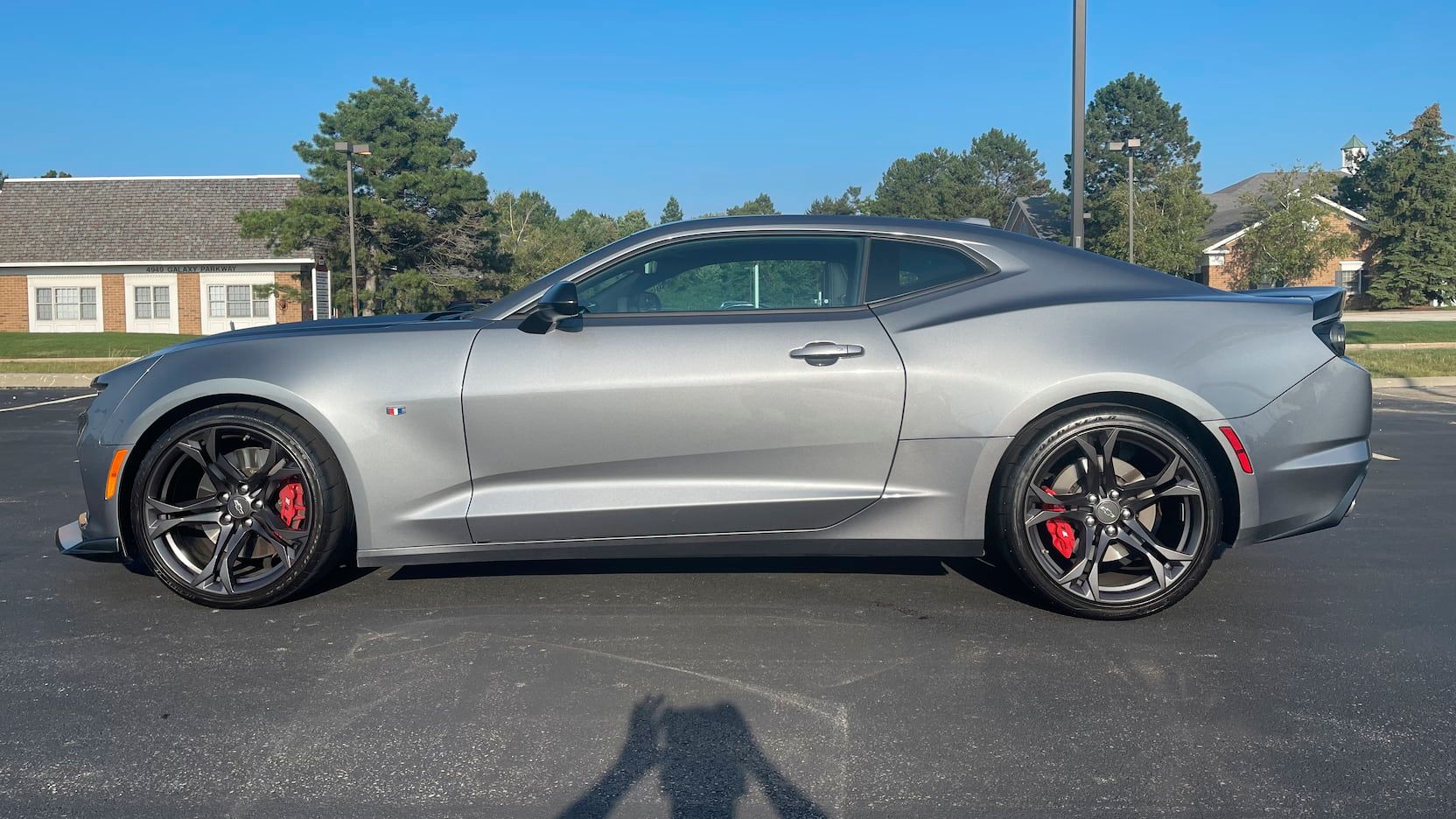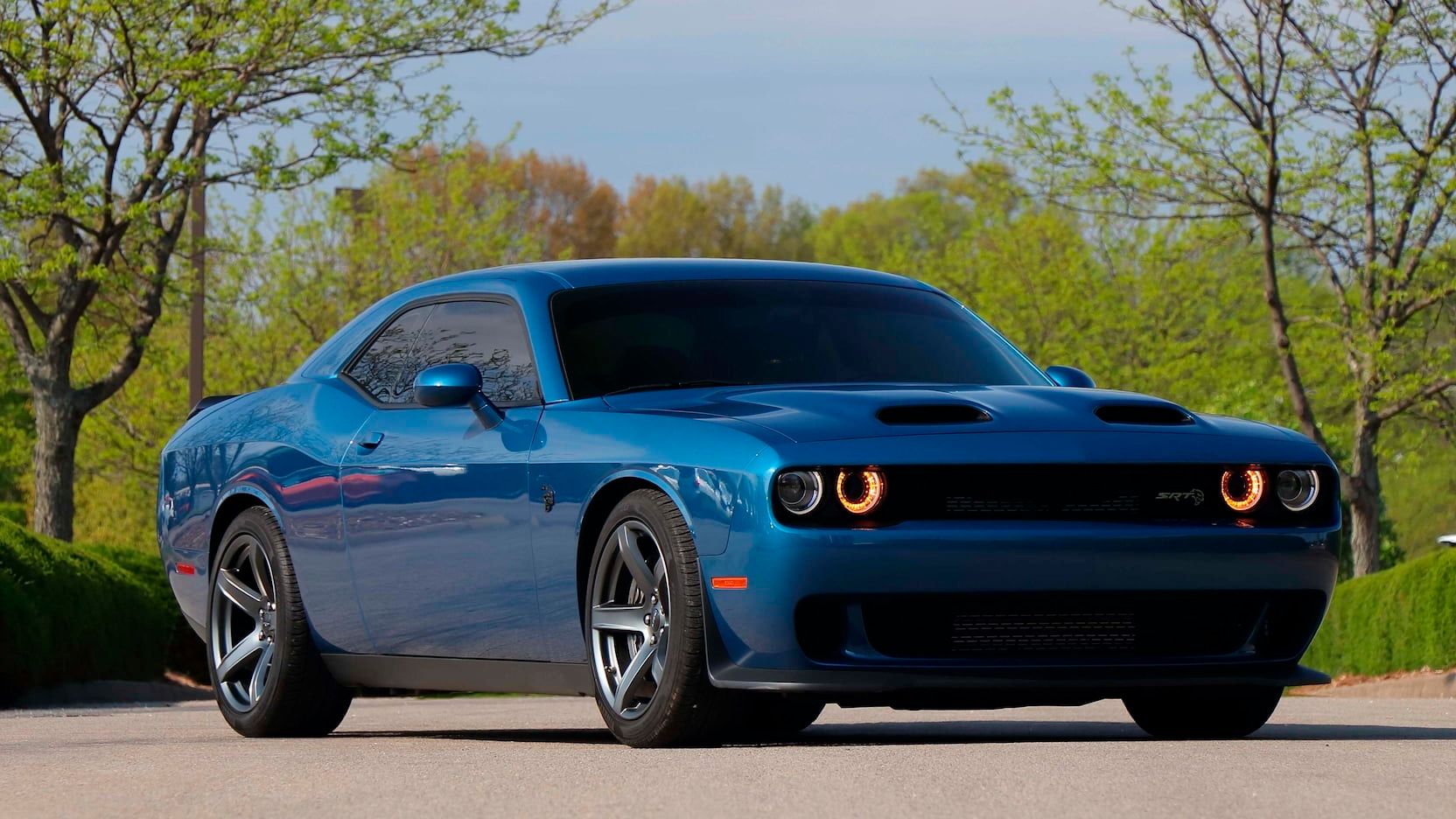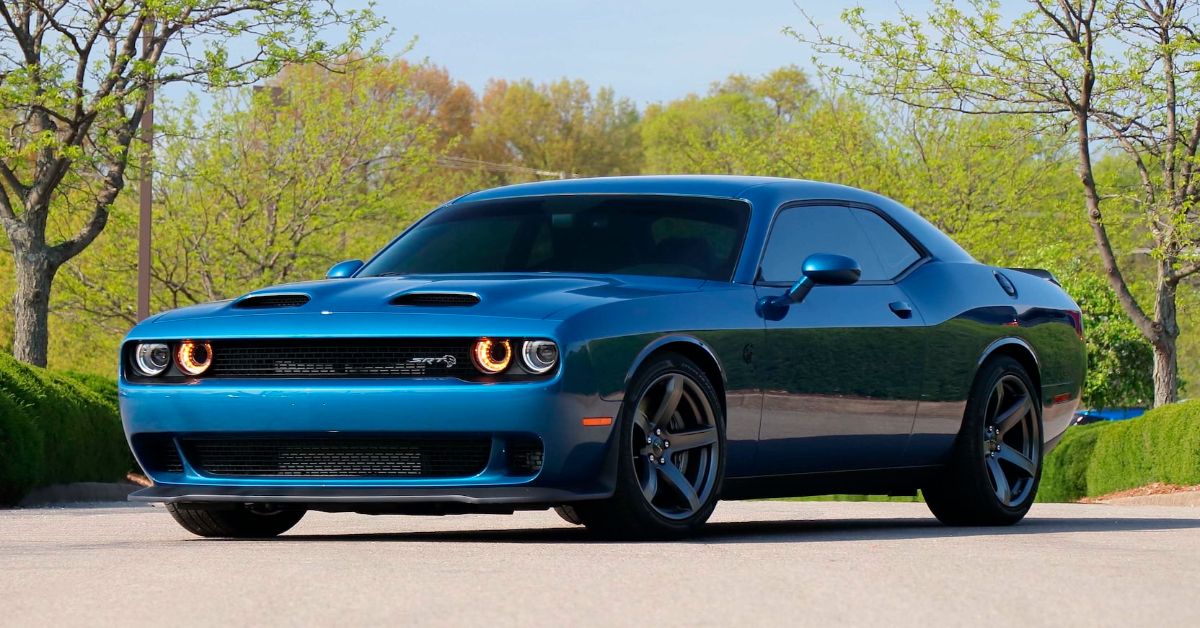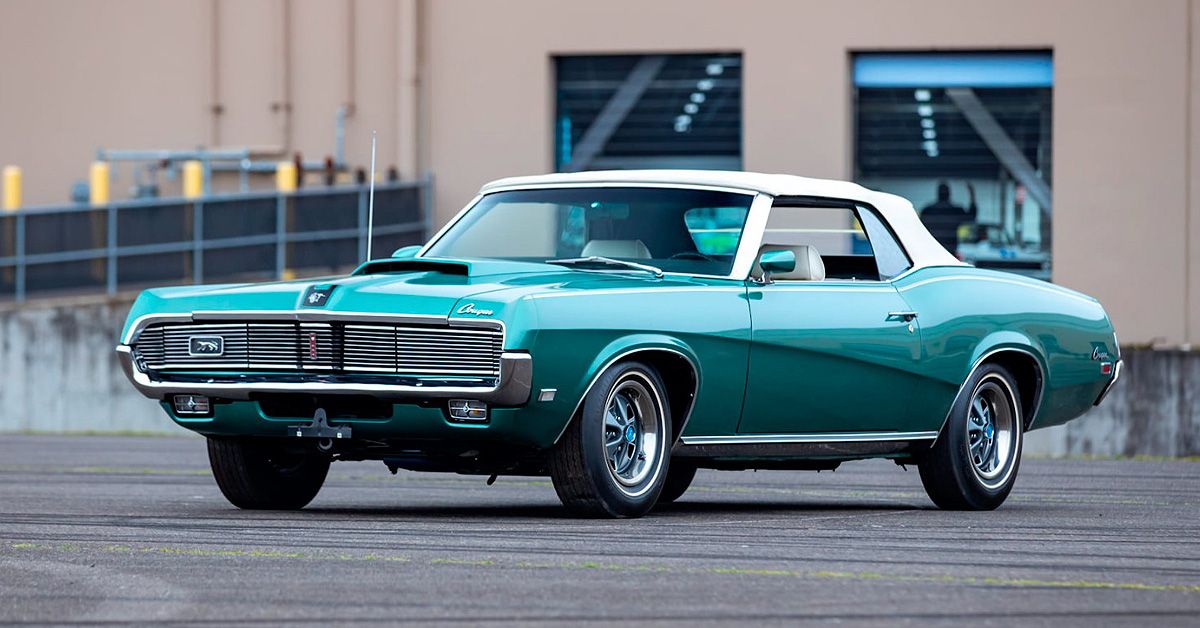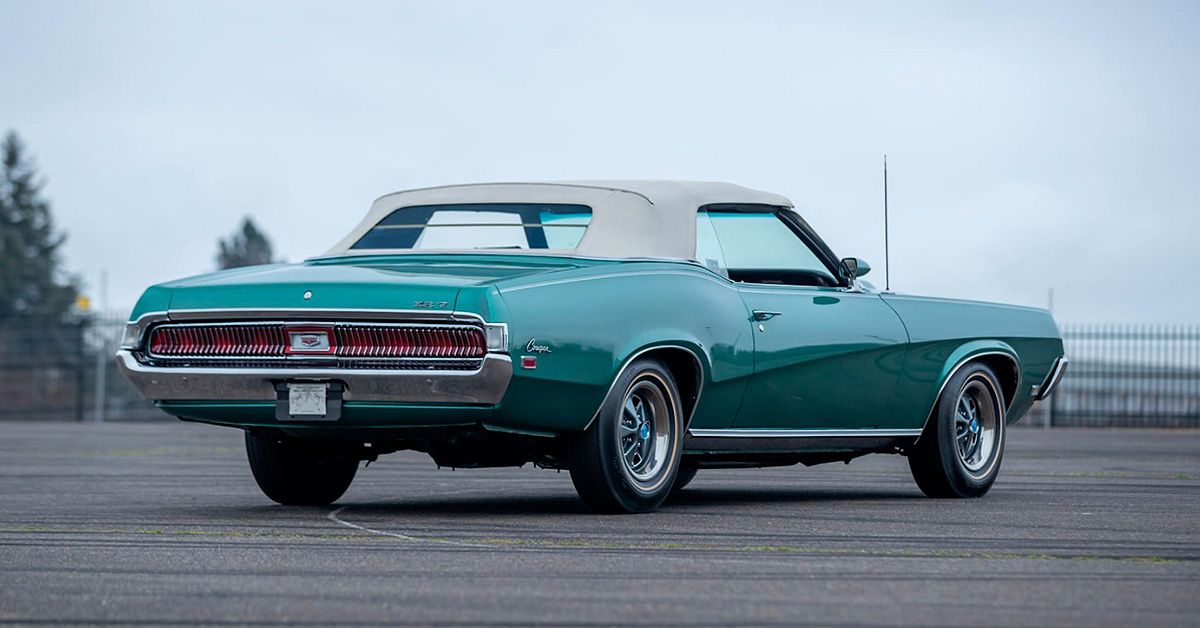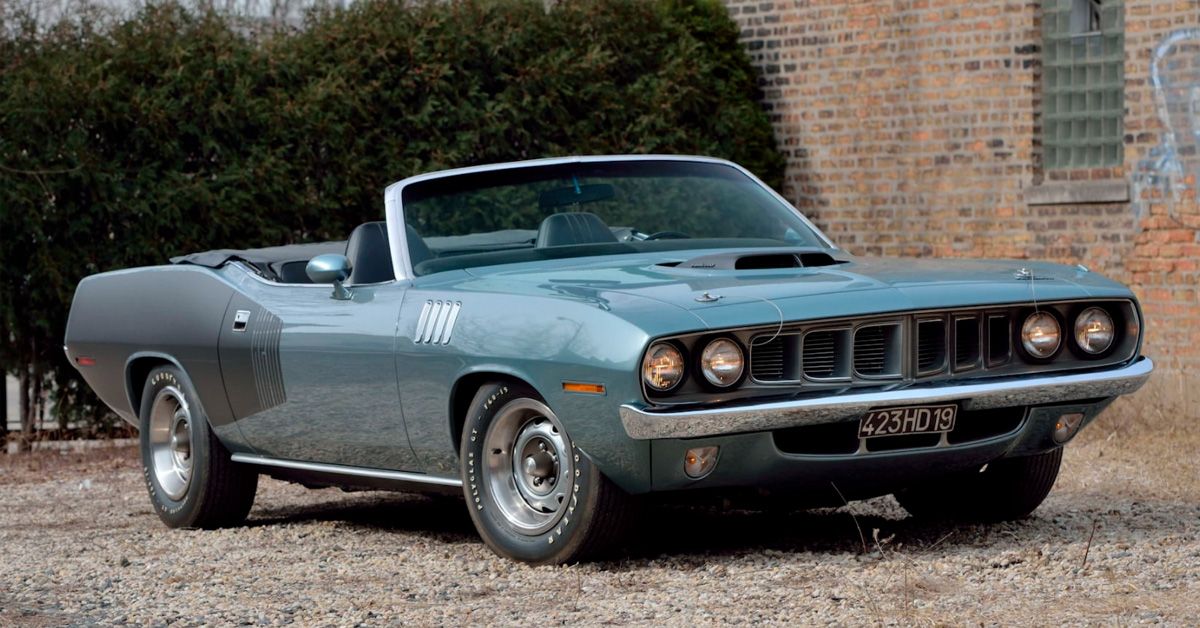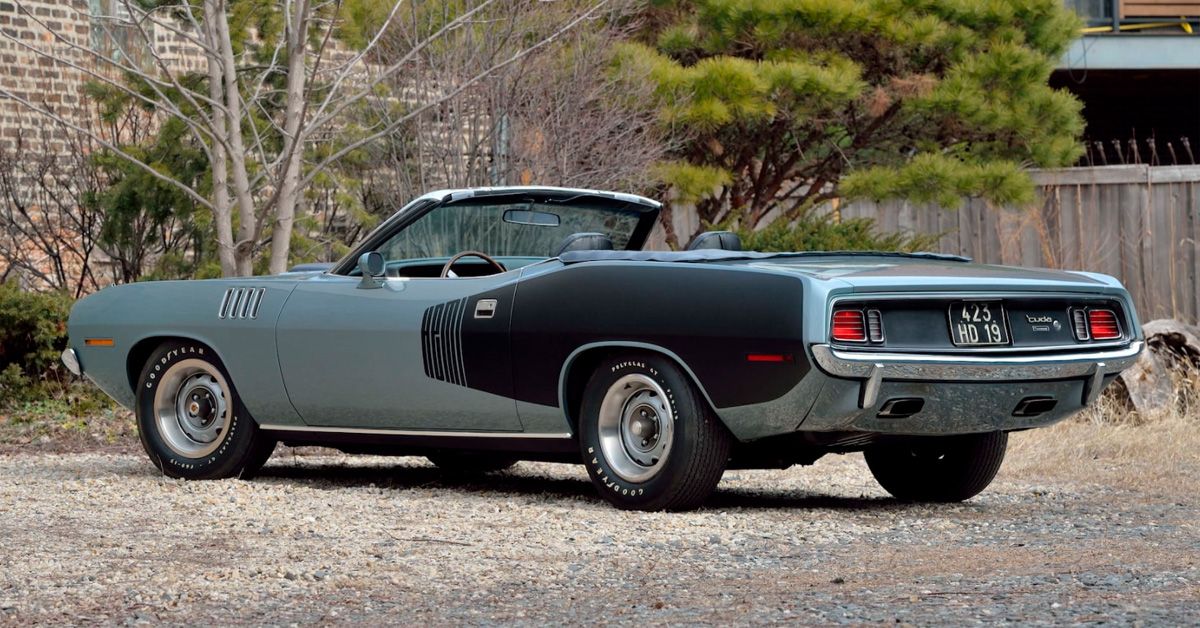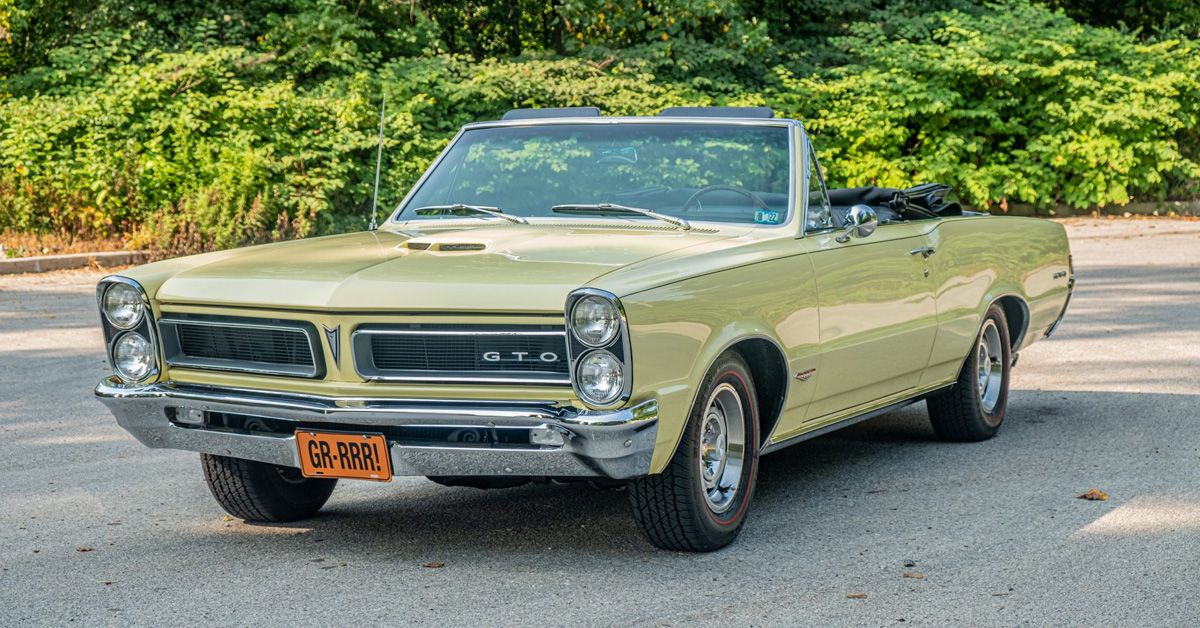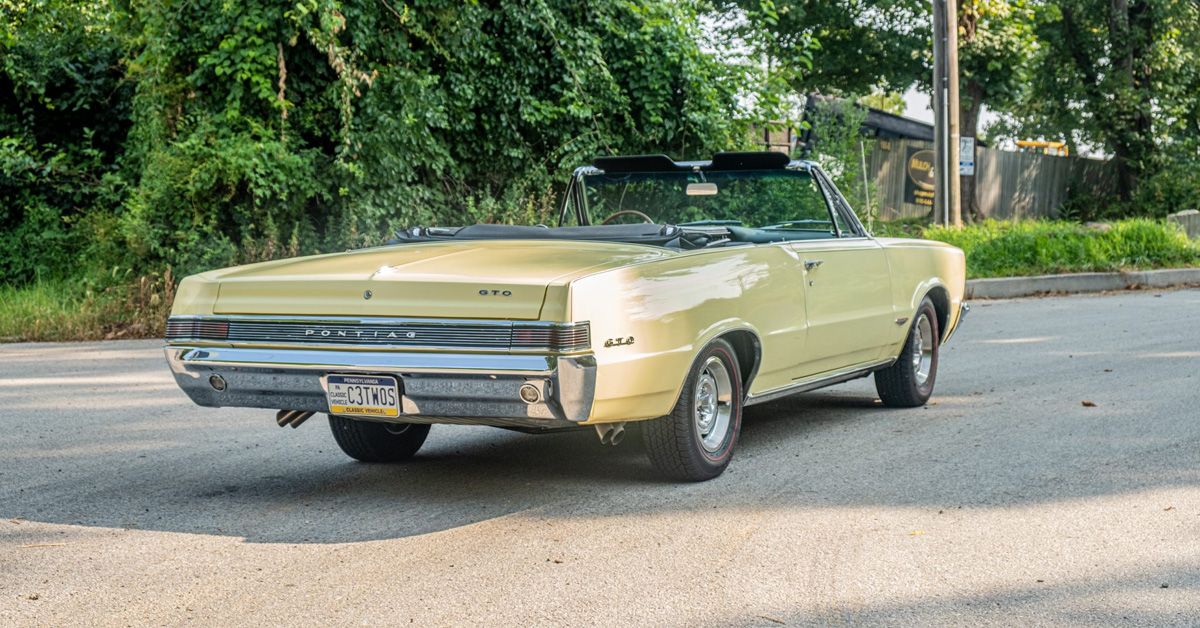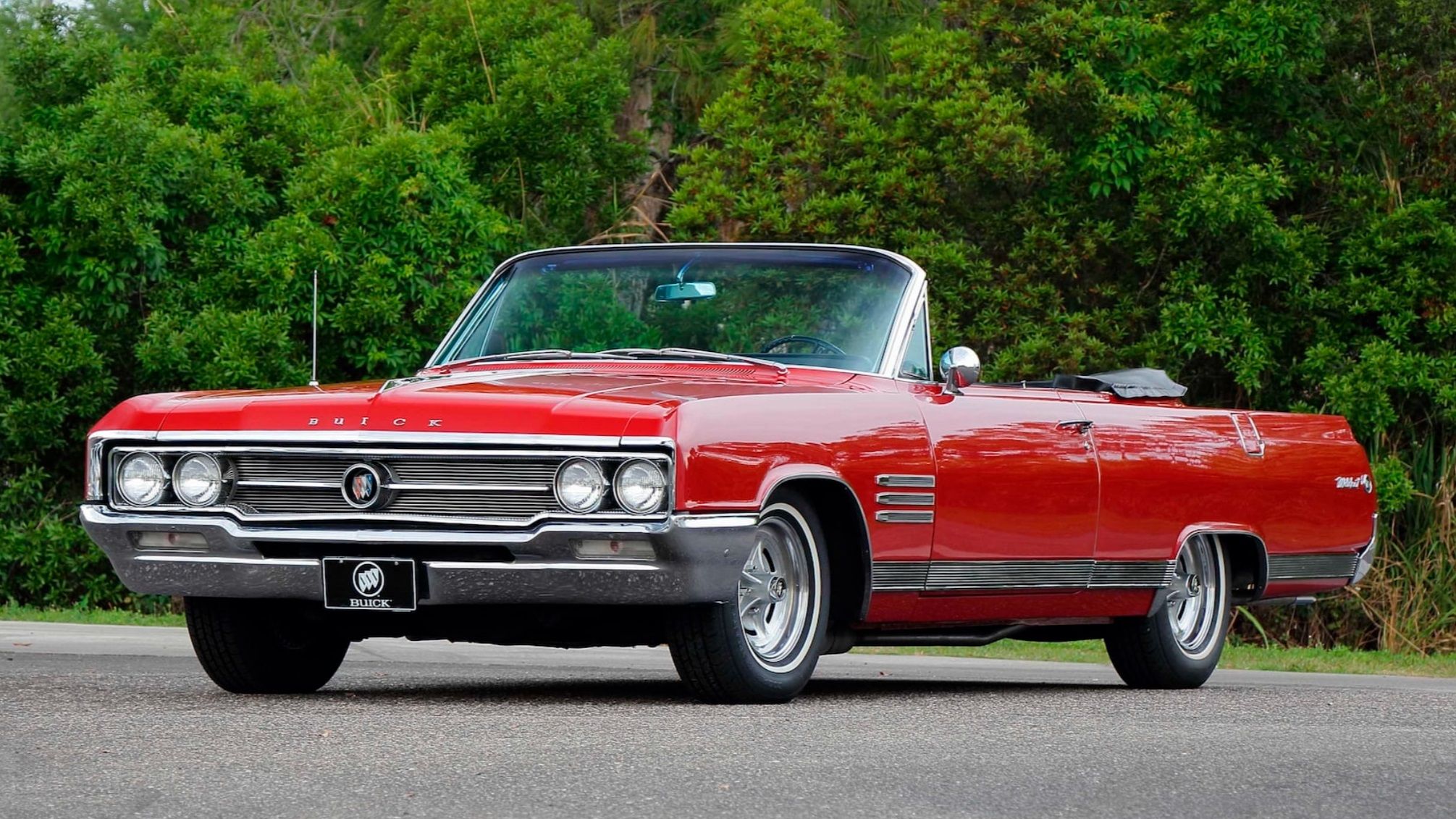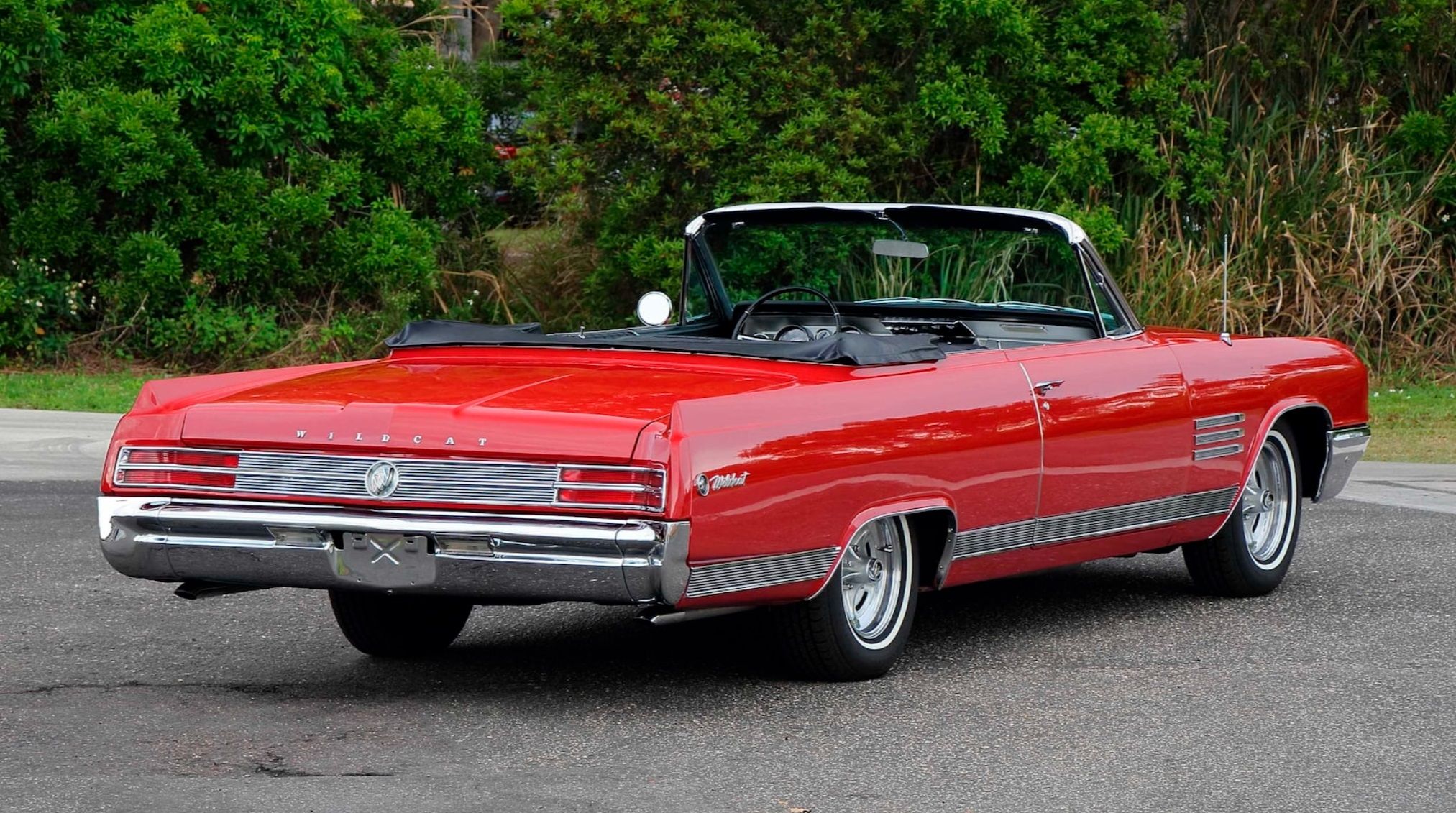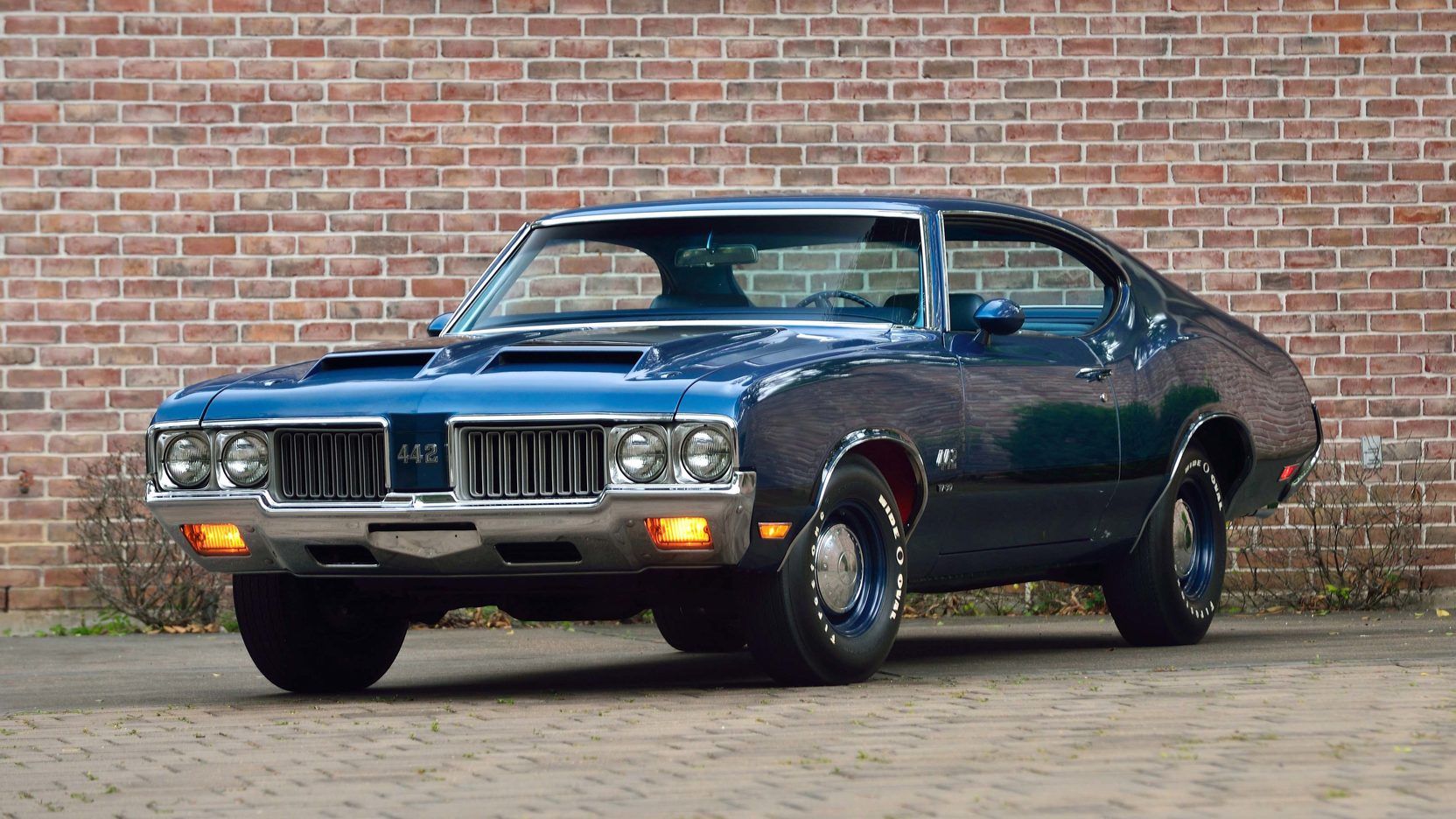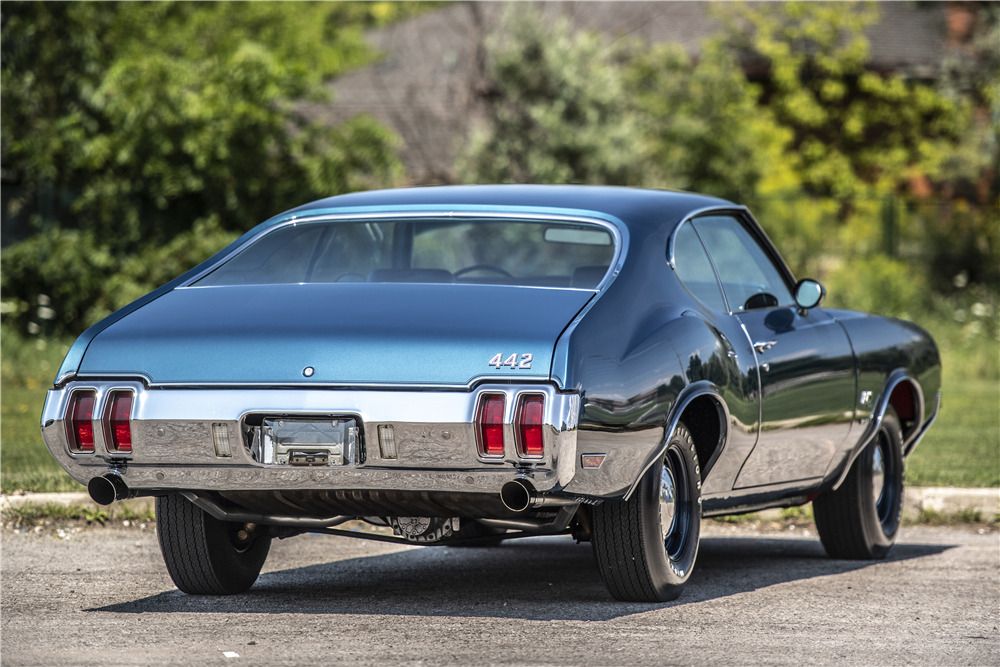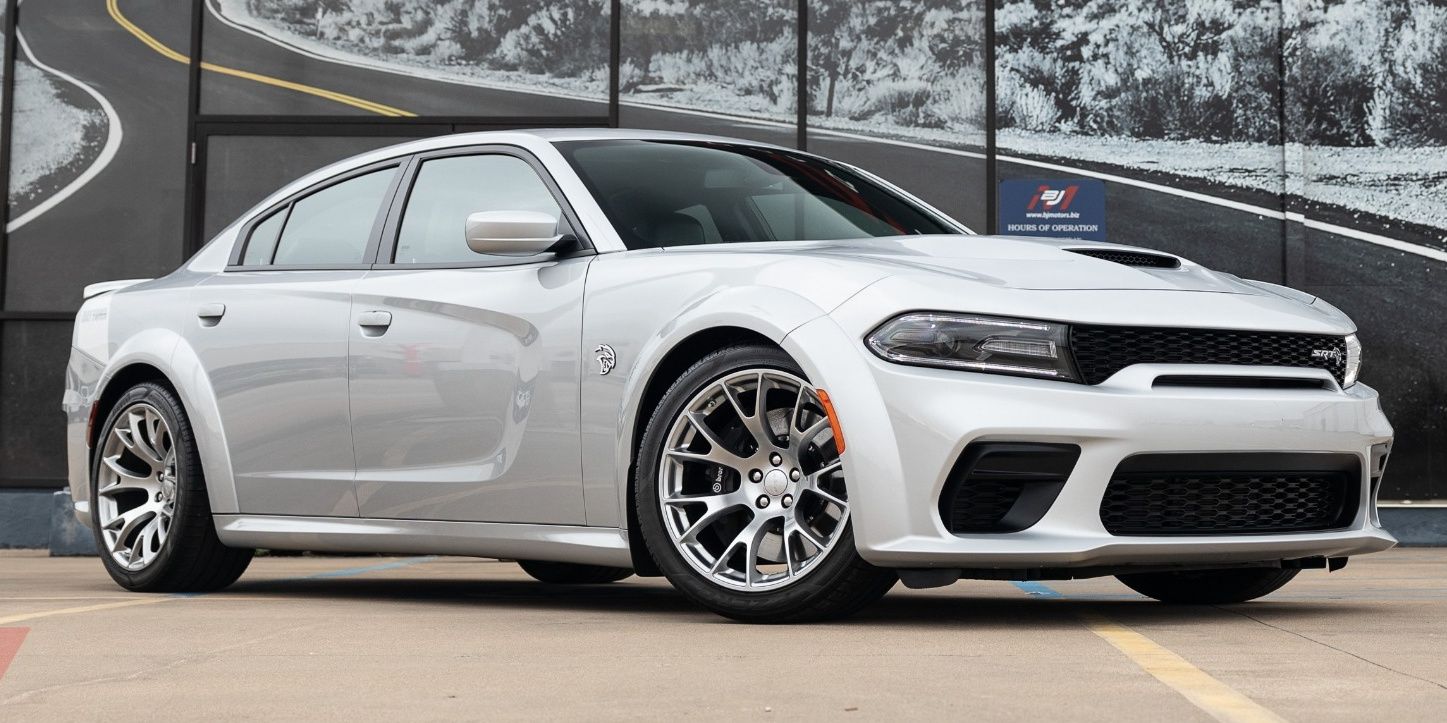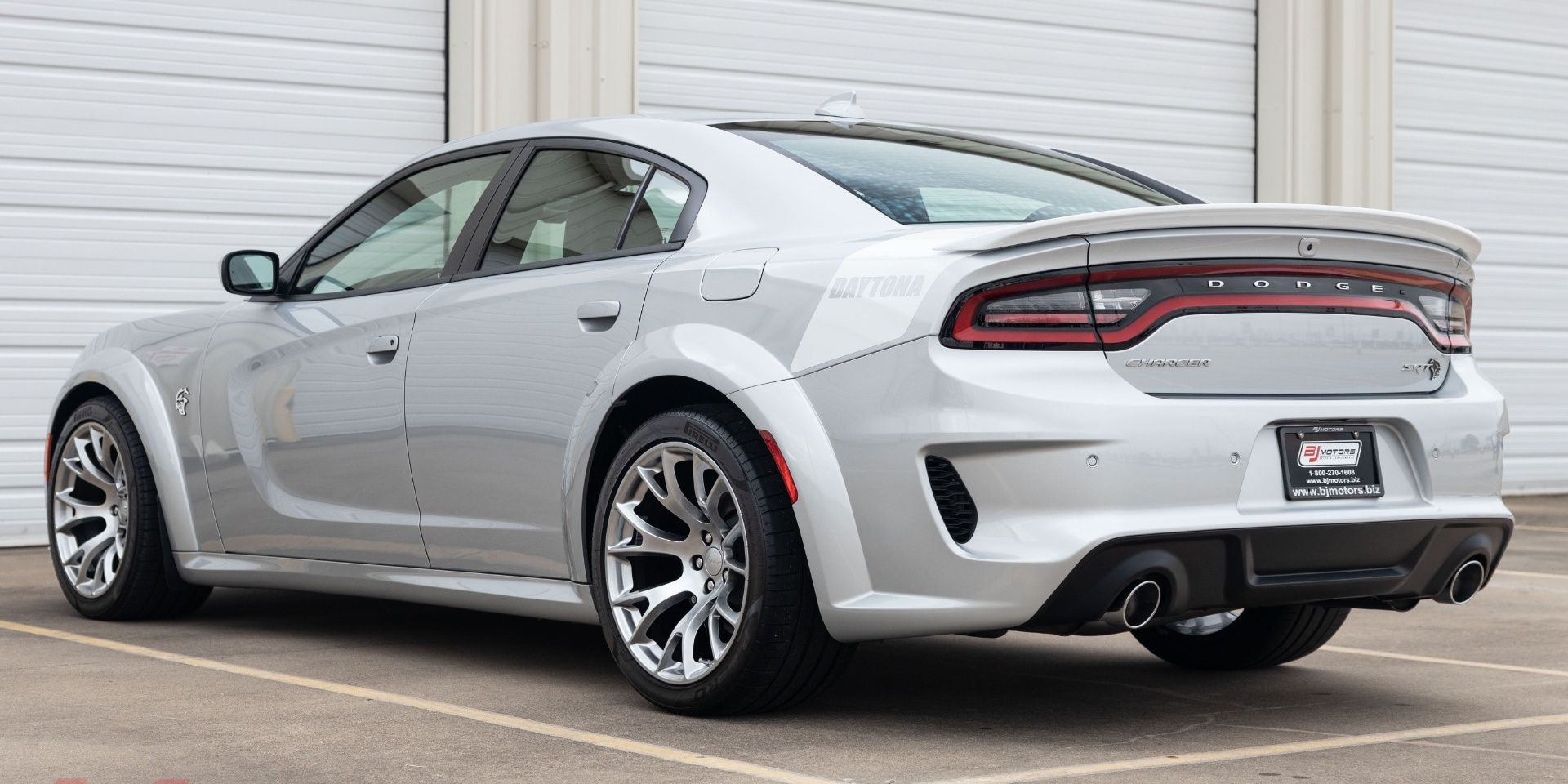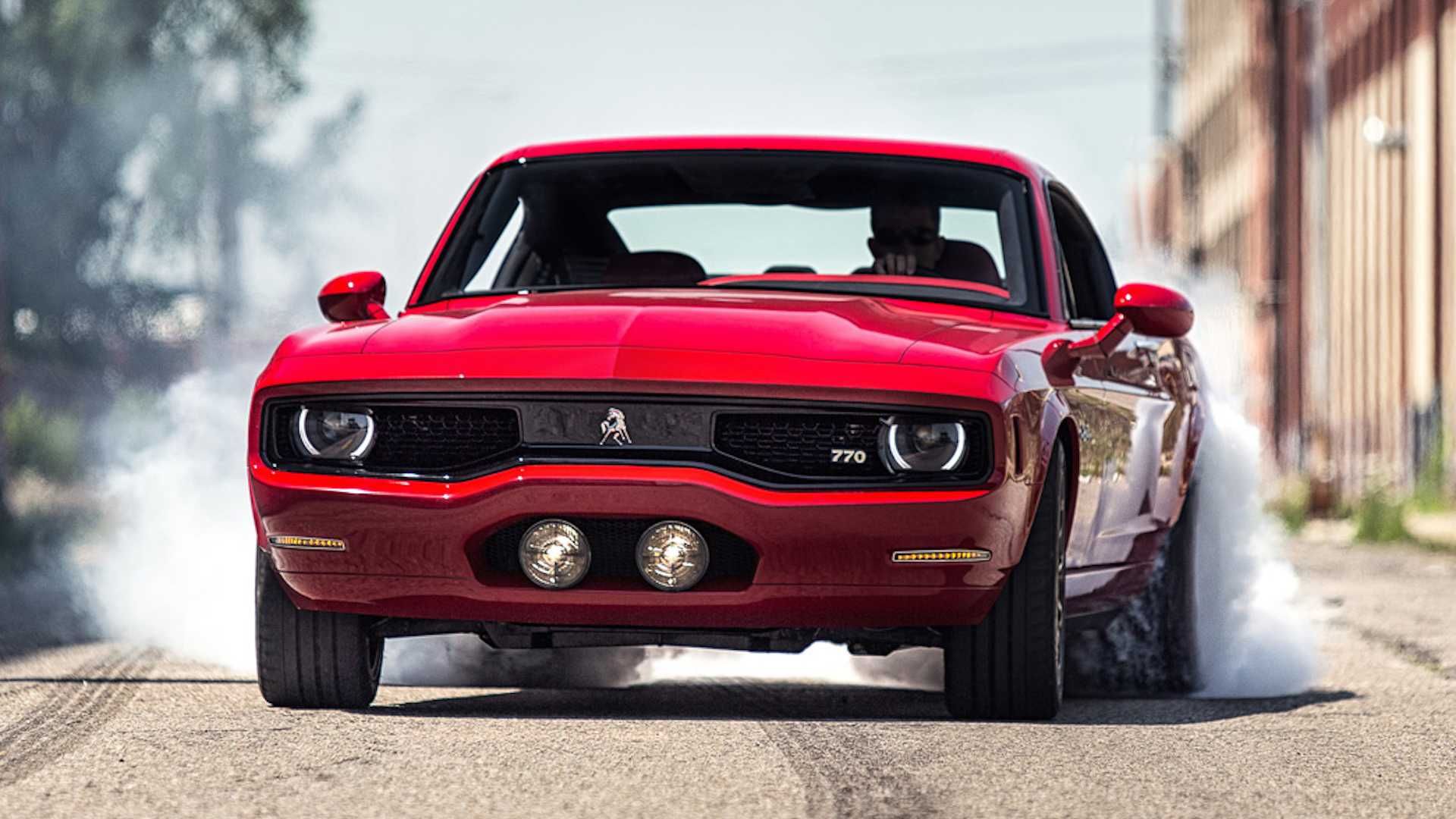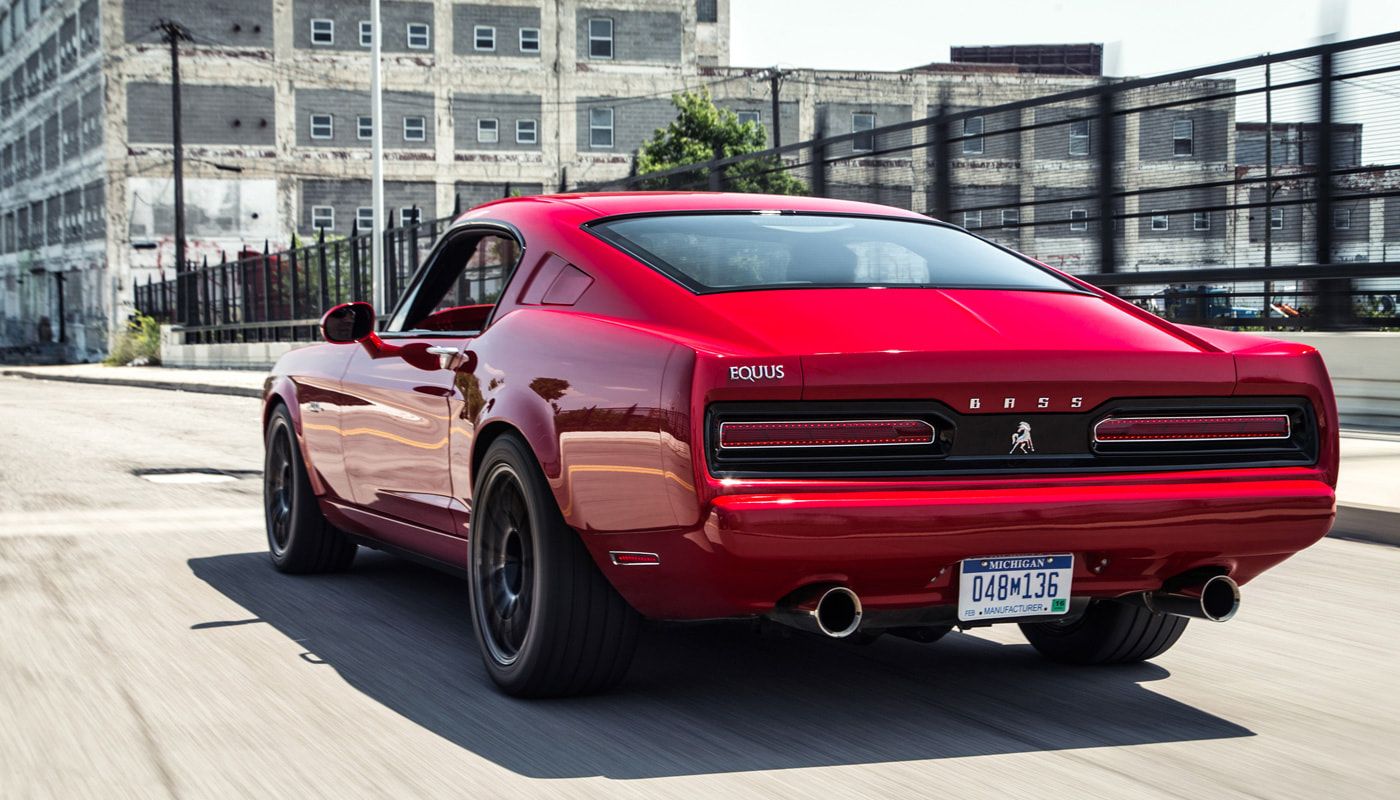The muscle car is a typically American invention that dates back to the 1940s when moonshiners spruced up their cars in order to run away from the police. The modern muscle car debuted in the form of the 1964 Plymouth Barracuda, with the segment being popularized in the same year by the Ford Mustang.
One of the big selling points for a muscle car is the fact that it is supposed to be available to the everyday person, doubling as both the daily driver and the weekend sports car. As such, the muscle car may be used to drive vast distances, with an entire race revolving around the event. Thanks to the 1980 film, Cannonball Run, the idea of crossing the entire United States in as little time as possible is a popular challenge to undertake. It can be done in any vehicle, but a muscle car – or at least a vehicle with a V8 engine – is recommended.
For anyone who wishes to cross the United States in a hurry, the muscle car is definitely the best option as it combines speed and comfort. Here are ten muscle cars every gearhead should drive across the United States with.
10/10 Ford Mustang GT
The Ford Mustang GT is the most popular of the muscle cars as it features a powerful naturally aspirated V8 up front, a manual or automatic gearbox in the middle, and drive going to the rear. It doubles as a fun, sporty cruiser and a daily driver due to its ease of living.
The Mustang GT’s 5.0-liter Coyote V8 produces a nice grumble when in operation and provides a linear power figure as there are no turbos to spool up. The Mustang gets some premium features which makes it a pretty good option when crossing a country is the order of the day.
9/10 Chevrolet Camaro SS
The Chevrolet Camaro is much like the Ford Mustang, but the biggest difference is that it does not sell quite as well. The Camaro has taken more of the sports car approach to the world, getting rid of its typical poor handling and driving dynamics that most muscle cars share.
The Camaro SS features a powerful naturally aspirated 6.2-liter V8, mated to either a 6-speed manual or a 10-speed automatic. The Camaro can still get sideways though, reaching back into history to its original 1960s model. The only complaint may be the lack of visibility.
8/10 Dodge Challenger Hellcat
The Dodge Challenger is the second best-selling muscle car in the US, and it is the only car that still captures all the proper muscle car characteristics. It is monstrously fast in a straight line but leaves much to be desired in terms of handling when driven around a track.
The Challenger Hellcat featured the ridiculous 6.2-liter supercharged Hellcat V8, producing mountains more power than either the Mustang or the Camaro, but comes at the cost of a much larger fuel bill. Still, it is quite a comfortable vehicle when just cruising along a highway.
7/10 Mercury Cougar
The Mercury Cougar is the slightly fancier version of the Ford Mustang as it was rebodied to be more luxurious. The interior got a redesign, but the mechanical parts – such as the engines and drivetrain – stayed the same.
The Cougar was meant to be the more comfortable cruiser compared to the Ford Mustang’s pony car stance, featuring softer leather seats, bouncier suspension, and more luggage space. It is a great classic option for long road trips.
6/10 Plymouth Barracuda HEMI
The original Barracuda was the start of the modern muscle car segment in 1964 – a few months before the launch of the Ford Mustang – and it was a great vehicle. But it was the second generation – based on the Dodge Challenger – which put the model on the map.
The Barracuda – also known as the HEMI ‘Cuda – was available in a range of bright colors and had an assortment of fantastic liveries. It also came with the big V8 engines of the Challenger and could even be specced without a roof.
5/10 Pontiac GTO Convertible
The Pontiac GTO was one of the greatest muscle cars of the 1960s, showcasing massive V8 engines coupled with comfortable seats and a huge amount of interior space. The GTO was based on the Tempest Le Mans as a sporty trim, before becoming a high-performance model on its own.
The GTO only came in 2-door body styles, including hardtop coupe and soft-top convertible. The convertible is a great coastal route cruiser and even came with an optional automatic transmission. This, and the GTO is one of the best-looking muscle cars of the 1960s.
4/10 Buick Wildcat
The Buick Wildcat was much like the Pontiac GTO in the sense that it was basically a living room sofa with a car built around it. The Wildcat may have a sporty-sounding name, but it was mostly built to cruise along the boulevard and look cool.
The Wildcat had the same engines as the GSX, including the 7.0- and 7.5-liter V8s, producing enough power to get the 3,500 lb muscle car up to highway speeds. The Wildcat was replaced by the Centurion in 1971 but remains a popular option for relaxed classic motoring.
3/10 Oldsmobile 4-4-2
The Oldsmobile 4-4-2 became famous for its name – which stood for a 4-barrel carburetor, a 4-speed transmission and 2 exhaust pipes. It also had a massively powerful V8 which produced over 360 hp – at a time when most other cars only produced 360 and under.
The 4-4-2, later just shortened to 442, sits up there with the Pontiac GTO and Chevrolet Chevelle as one of the best of the large muscle cars ever made. Sadly, the later generations of the 442 had much less power and eventually became a trim package, rather than a sporty model in itself.
2/10 Dodge Charger Hellcat Widebody
The modern and classic 2-door muscle cars are great, but sometimes you need more space for people and their luggage, which is where the Dodge Charger SRT Hellcat comes in. Based on the same platform as the Challenger, the Charger has two more doors and a substantial amount of legroom.
The Charger SRT Hellcat also comes with an optional widebody kit, widening the wheel arches and tires, providing more grip to reel in the 707 or 797 hp – depending on the trim. It is one of the coolest American muscle cars and an excellent choice for cruising through the US.
1/10 Equus Bass 770
The Equus Bass 770 is a mixture of classic American muscle car styling, but for the modern age. The exterior design takes inspiration mostly from the original Ford Mustang Fastback, but with subtle hints of the Chevrolet Camaro, Dodge Challenger, and Charger, Plymouth ‘Cuda, Pontiac GTO, and AMC Marlin.
The engine is the 6.2-liter supercharged LS9 from the C6 Corvette ZR1, producing the same 650 hp and 605 lb-ft of torque. It also features GM’s sophisticated Magnetic Ride Control, keeping everything stable and comfortable – a ‘best of both worlds’ situation.
